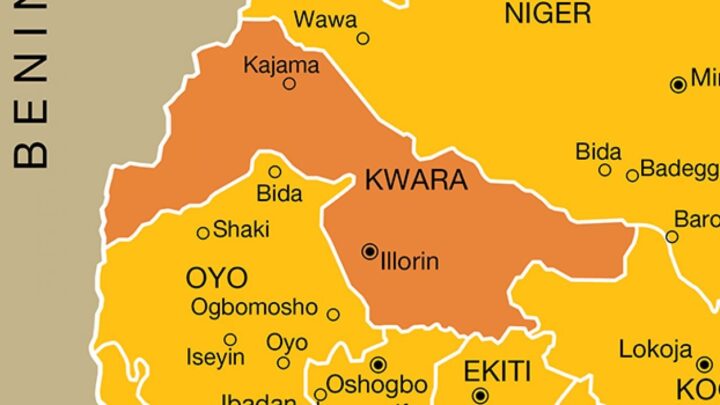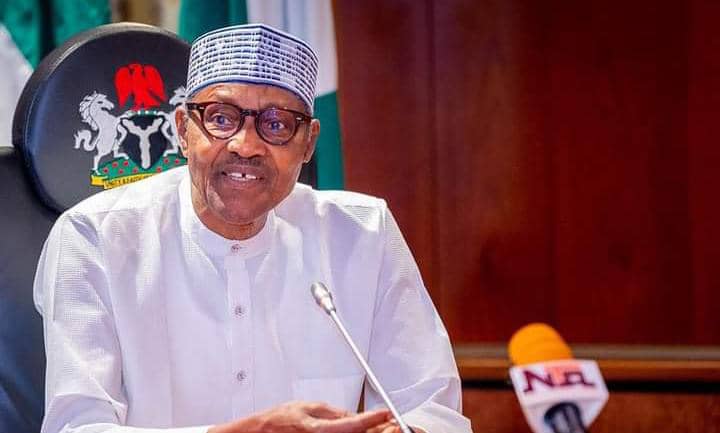The Kwara state internal revenue service (KWIRS) says it hasn’t introduced any new tax for private schools in the state.
The development comes hours after the Kwara chapter of the National Association of Proprietors of Private Schools (NAPPS) had protested against alleged multiple taxation by the state internal revenue service (KWIRS).
Temitope Ajibola, the state NAPPS president, had said the taxes and levies imposed on schools include, land charges, personal income tax, signage and advertisement fees, renewal fees on business premises, fire prevention/inspection fees, fees on school health, safety permits, pest control and fumigation certificate fees.
Ajibola described such levies as “exploitative”, adding that members of the association strongly oppose it.
Advertisement
However, Titilayomi Ogunwale, KWIRS head of corporate affairs, in a statement on Friday, said what the schools are charged are arrears.
“The Management of Kwara State Internal Revenue Service (KW-IRS) is dismayed at the unfair and untrue claims by NAPPS that the agency is imposing double taxation on its members, introducing new taxes, or blocking them from registering their students for external examinations. These claims are false and unfortunate,” the statement reads.
“It is to be noted that while many members of NAPPS are up to date in their revenue payment, quite a number of them have arrears to pay till date.
Advertisement
“Tax payment is an obligation on every taxable citizen and organisations. That is the only sustainable way that the government gets revenue to serve the public.
“KW-IRS enjoys excellent relationship with NAPPS and its other publics. During the COVID-19 pandemic, the Service, with the approval of His Excellency, the Executive Governor of Kwara State, extended 30% tax waivers to NAPPS and many other bodies to help them cope with the situation.
“The Service appeals to NAPPS and other corporate bodies to continue to work with it as the statutory body set up to mobilise resources for the development of the State and welfare of the citizens. In doing so, the Service makes sure that everyone is treated fairly and in accordance with the law.”
Advertisement
Add a comment






